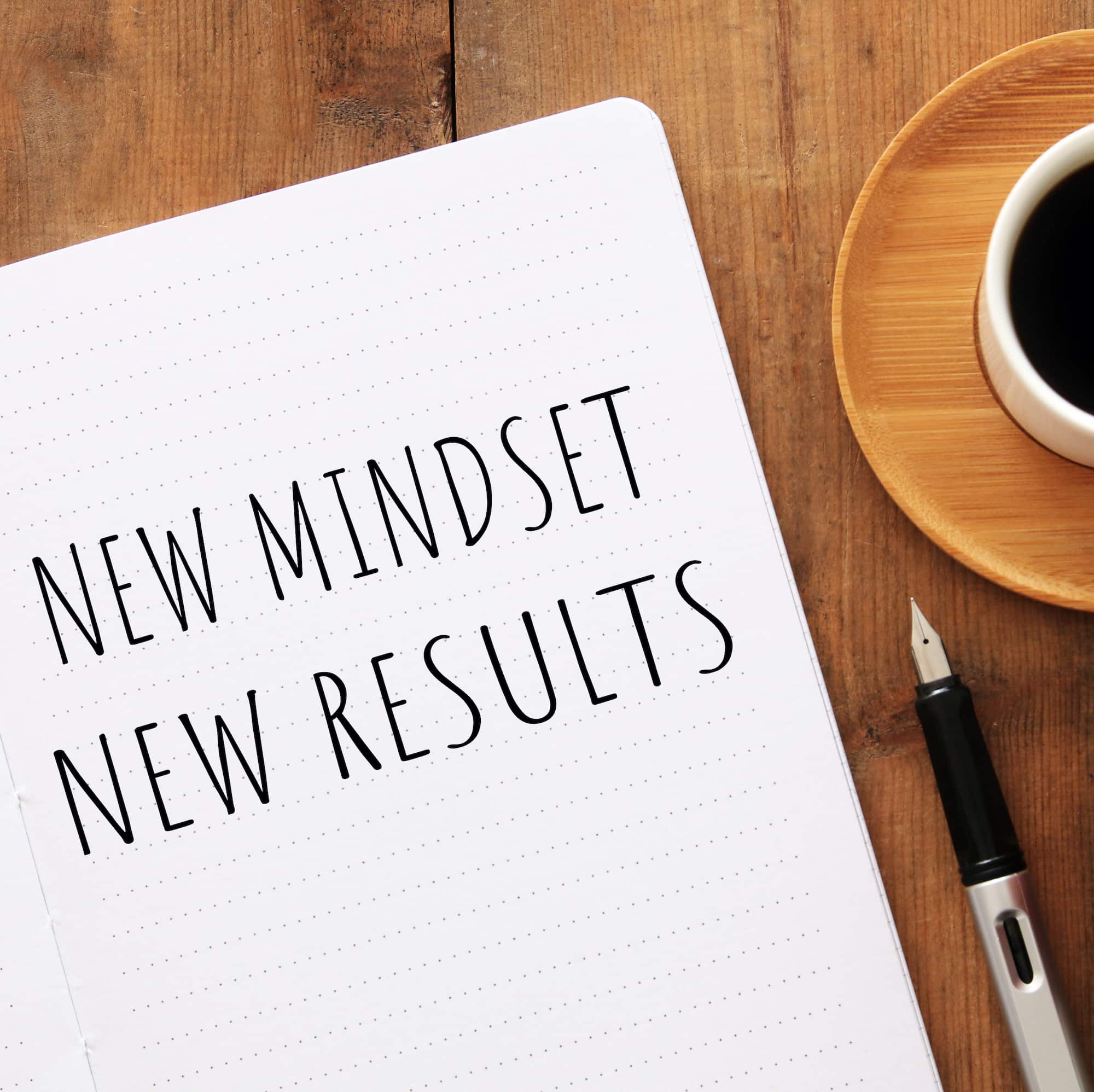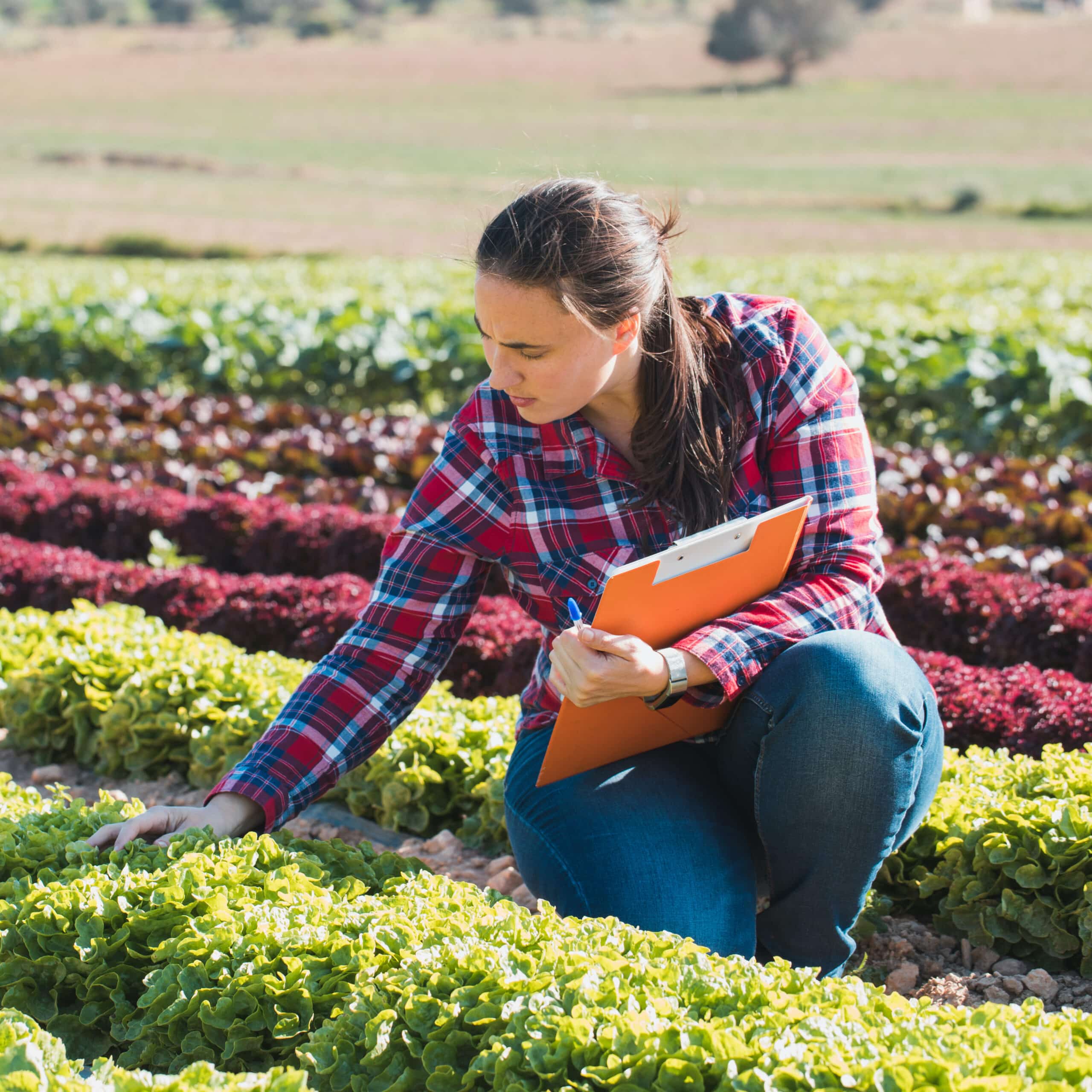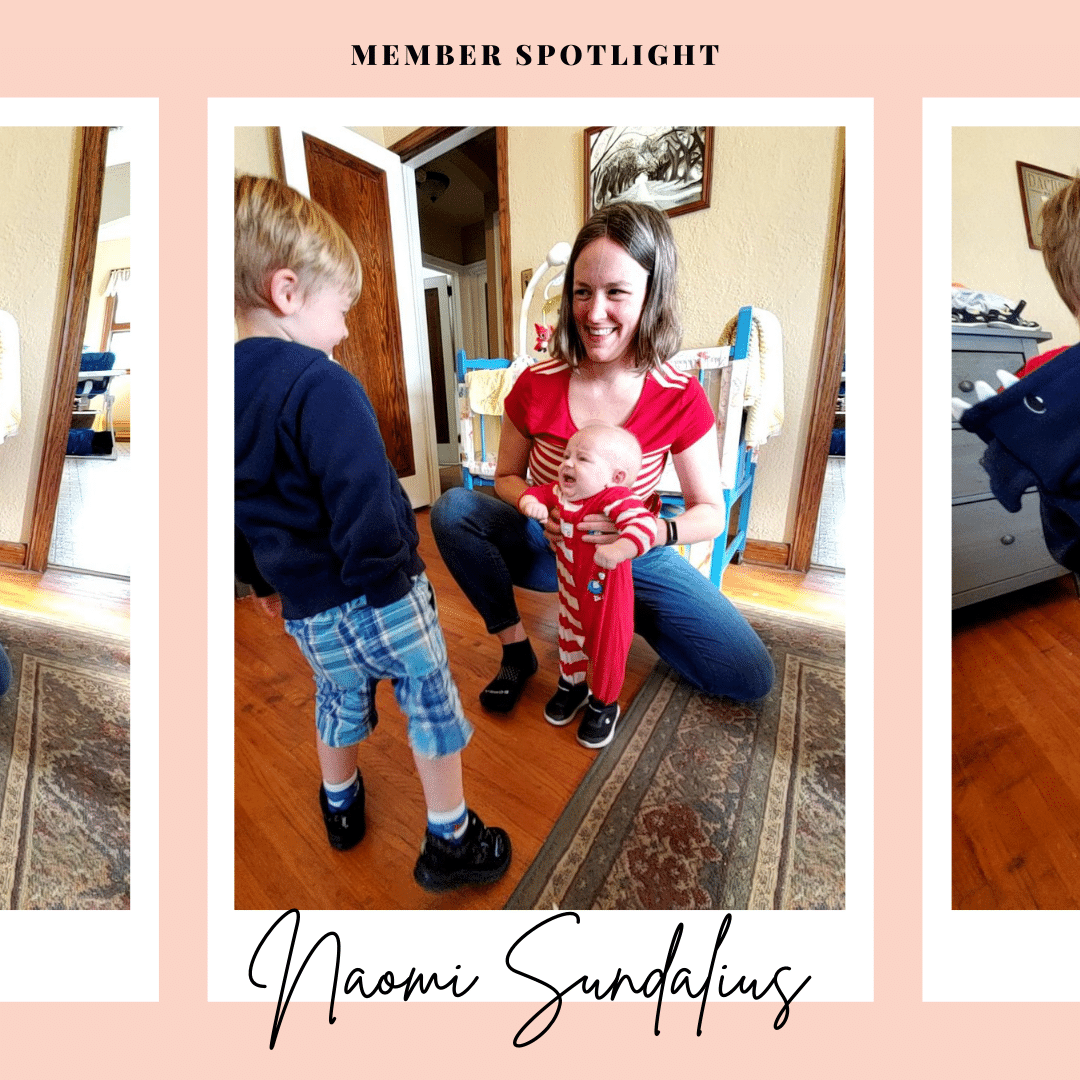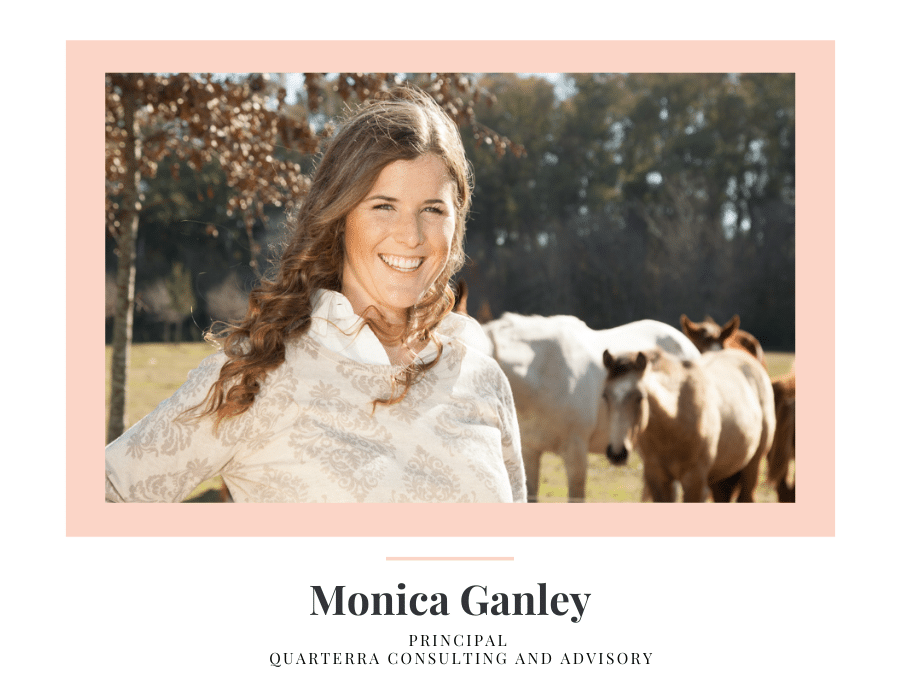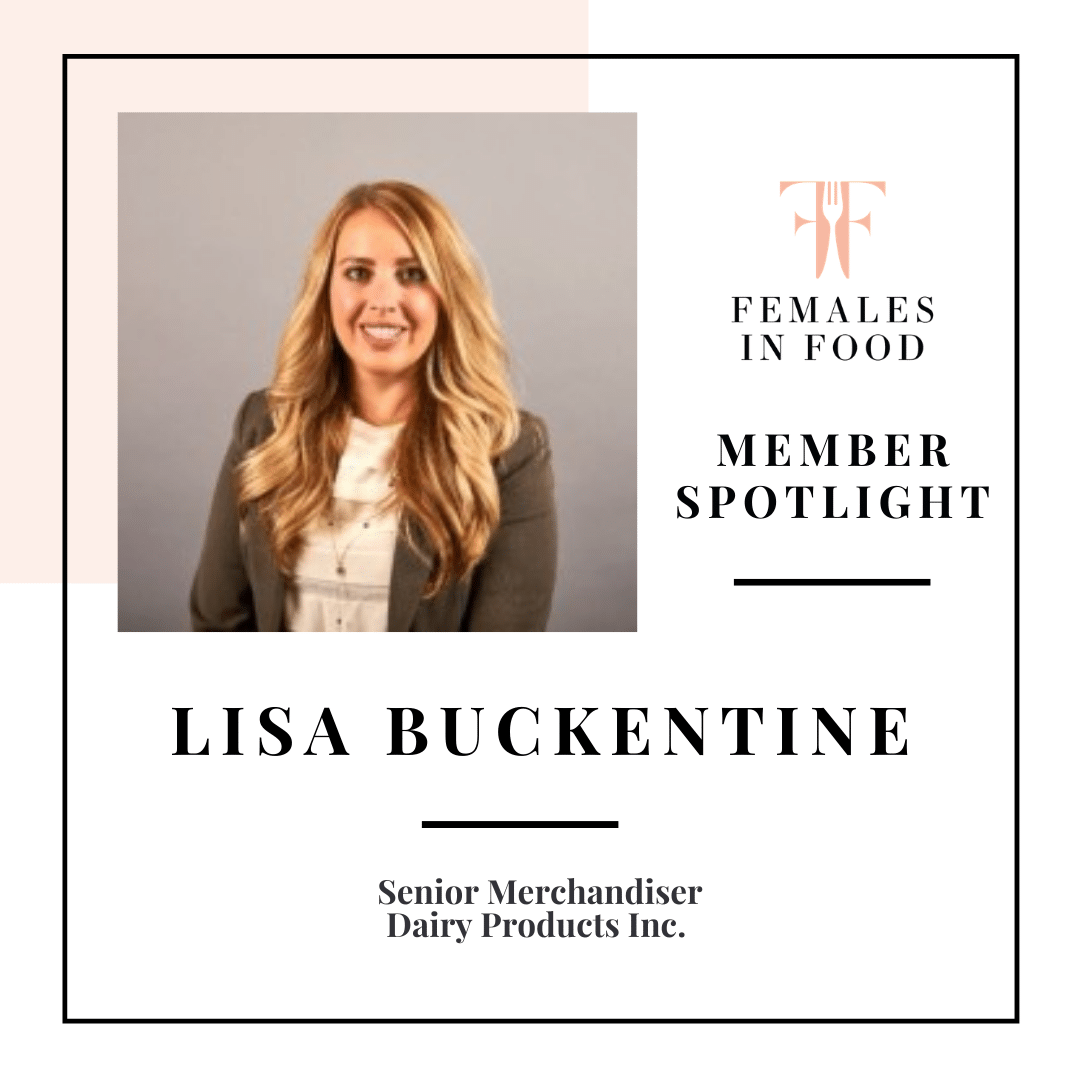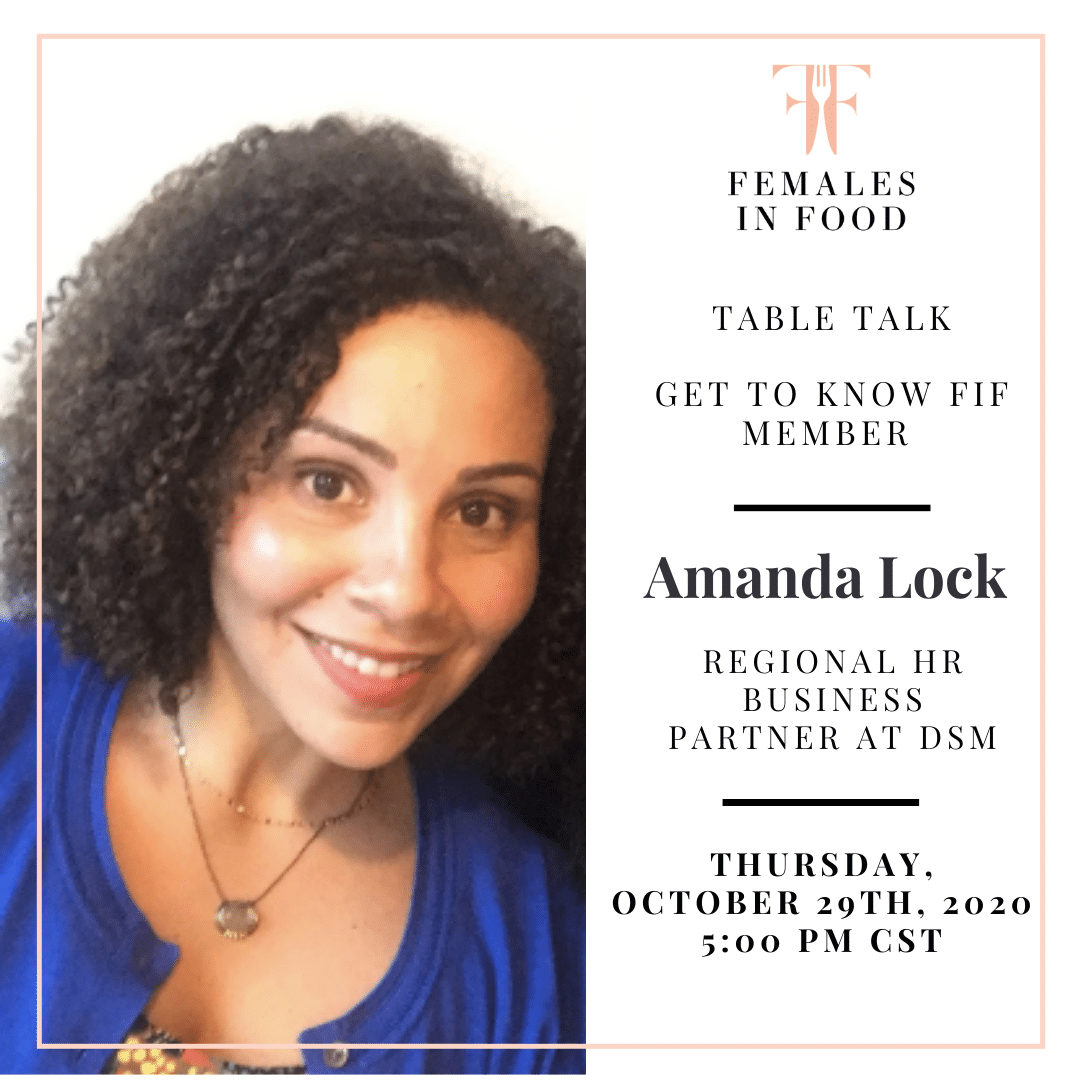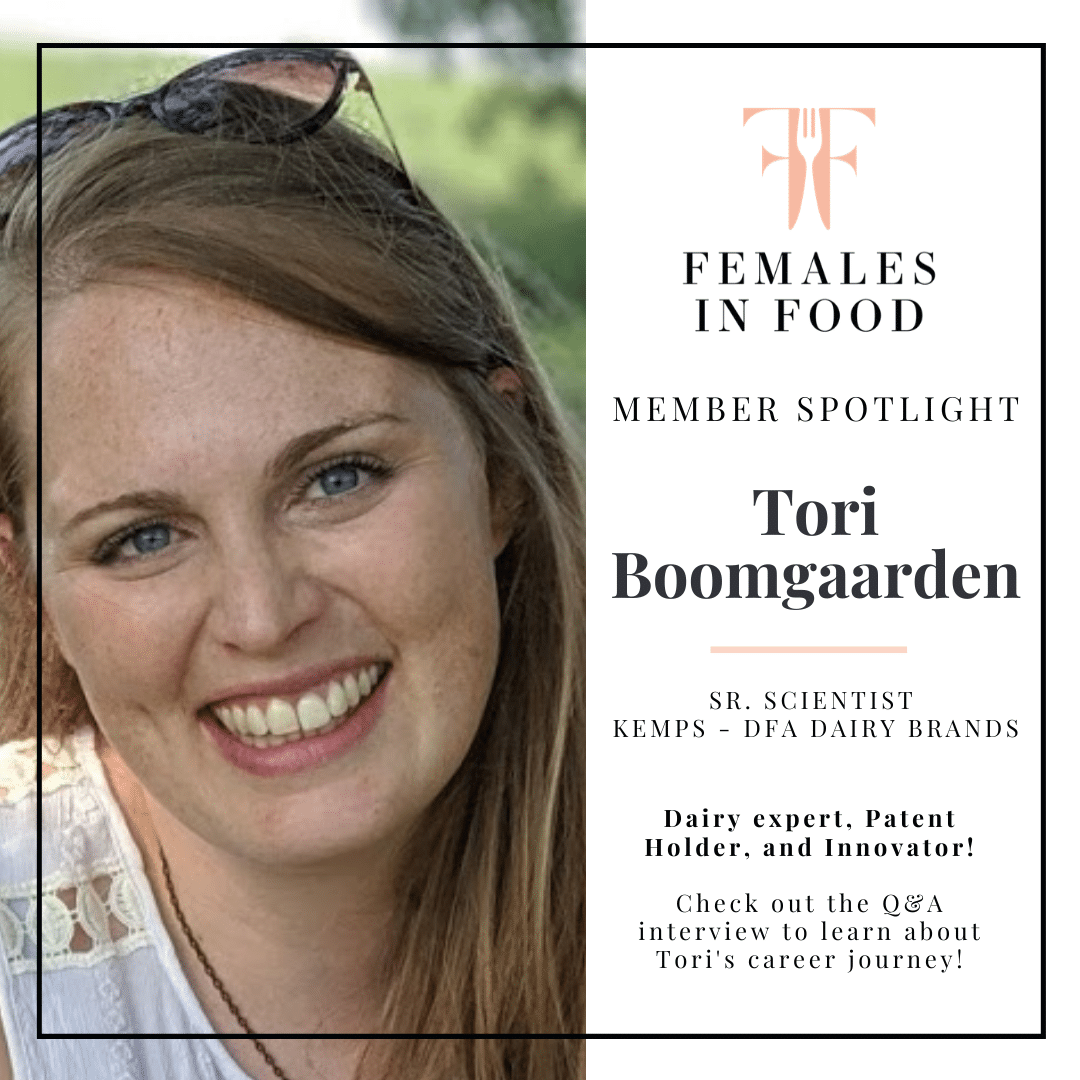Gone are the days where a paper resume is the only thing an employer sees before bringing in a candidate for an interview. According to a 2017 CareerBuilder survey, 70% of employers use social media to screen candidates during the hiring process. In today’s digital age, where a cursory google search can say more about your reputation than your cover letter, it’s more crucial than ever to maintain a strong digital presence that speaks to your personal brand and values. If you want your online presence to set you apart, here are five tips you can act on today.
Create an Online Portfolio
An online portfolio is a place to share accomplishments and experience when you want more than just a standard resume. In addition to showcasing your career accolades, you can also share examples of your recent work, including images you’ve designed, links to recent work, or a more in-depth explanation of that big project you just finished. If you need some inspiration, check out these sites. Or, if you need expert advice on how to showcase your skills, The Everyday Real has you covered.
Utilize LinkedIn
The odds are good if you’re reading this article that you’re one of the over 700 million people on LinkedIn. But are you utilizing the platforming for all it’s worth? These quick tips will you get the best bang for your buck on this professional network:
- Your profile photo should be professional and industry appropriate. Keep it current, face straight on to the camera with your hair out of your eyes, and make sure there’s adequate lighting with a neutral backdrop.
- Update your status regularly with professional updates, what you’ve been reading, what you’re looking forward to, and what’s going on in your company or role.
- Make your profile public and available for others to view. This is especially important if you’re actively applying for jobs.
- Resharing articles is a great way to show others what you like and find interesting. When you share meaningful content, it helps paint a picture of who you are as a person and a professional.
- Publish your own articles to position yourself as a thought leader in your field.
Google Yourself
You need to do this because recruiters and hiring managers definitely are. Googling yourself will give you the heads up on how others will perceive you based on your search results. Be sure to do this in a private window, so the results aren’t customized based on your search habits or location. If there’s a link or photo associated with your name that you’d rather not be, dig a little deeper to remediate the situation or remove it.
Keep Your Social Media Appropriate
Your social media is all about you and your life, as it should be. It’s a representation of your personal brand. But when you’re applying for jobs or networking with new connections, be mindful of the fact that they will likely look you up on Instagram. If there’s something you wouldn’t want your grandparents to see, consider making your profiles private. The best rule of thumb is to keep it clean or keep it private.
Maintain an External AND Internal Digital Presence
When you initially think about your online reputation, your mind probably turns to Facebook and LinkedIn. But don’t forget, a huge piece of the puzzle is internal at your company. Maintain a presence and be active on your company’s internal communication channels. Fill out your information on your company’s platforms and add a photo to your email account. Be active, be present, and be a part of the conversation.


